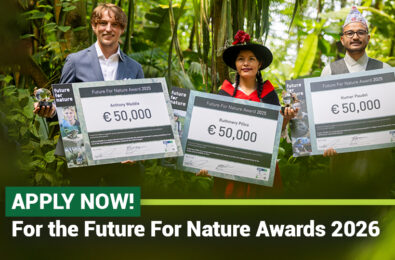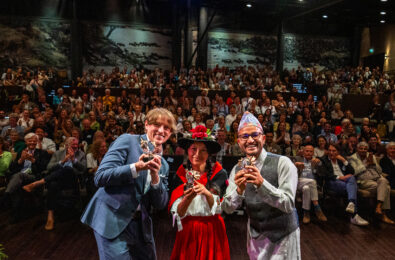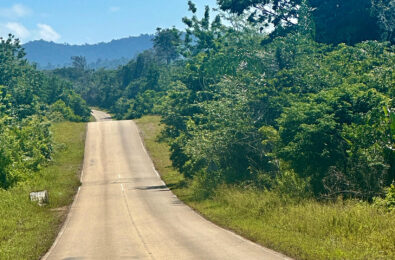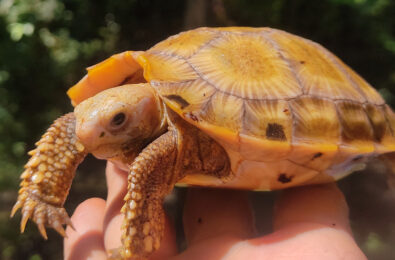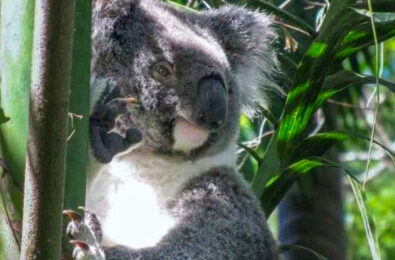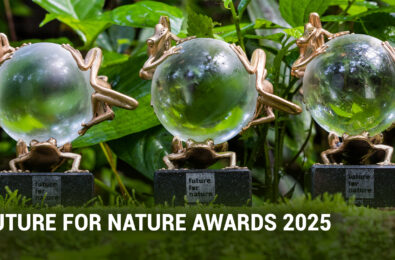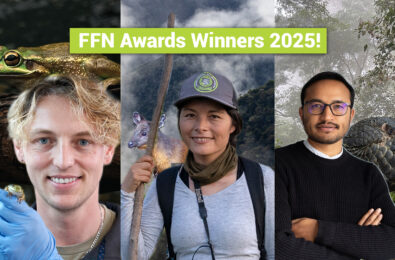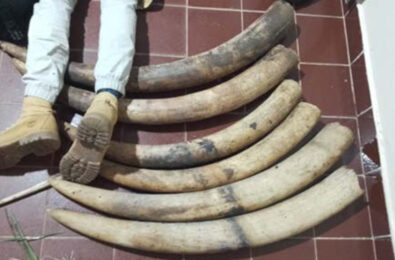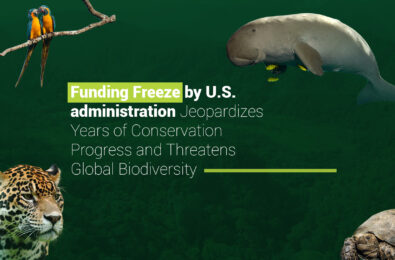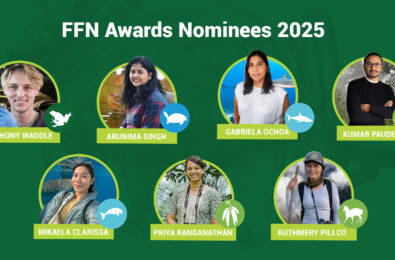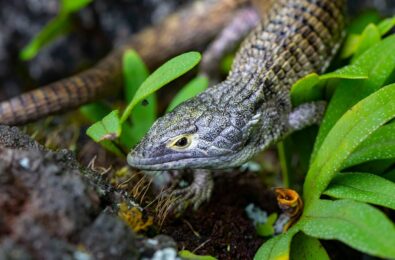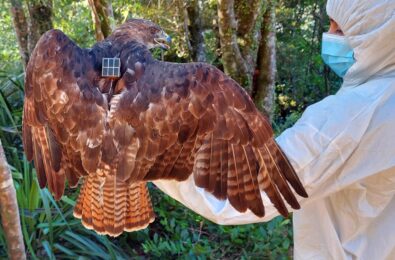Connecting citizens to conservation
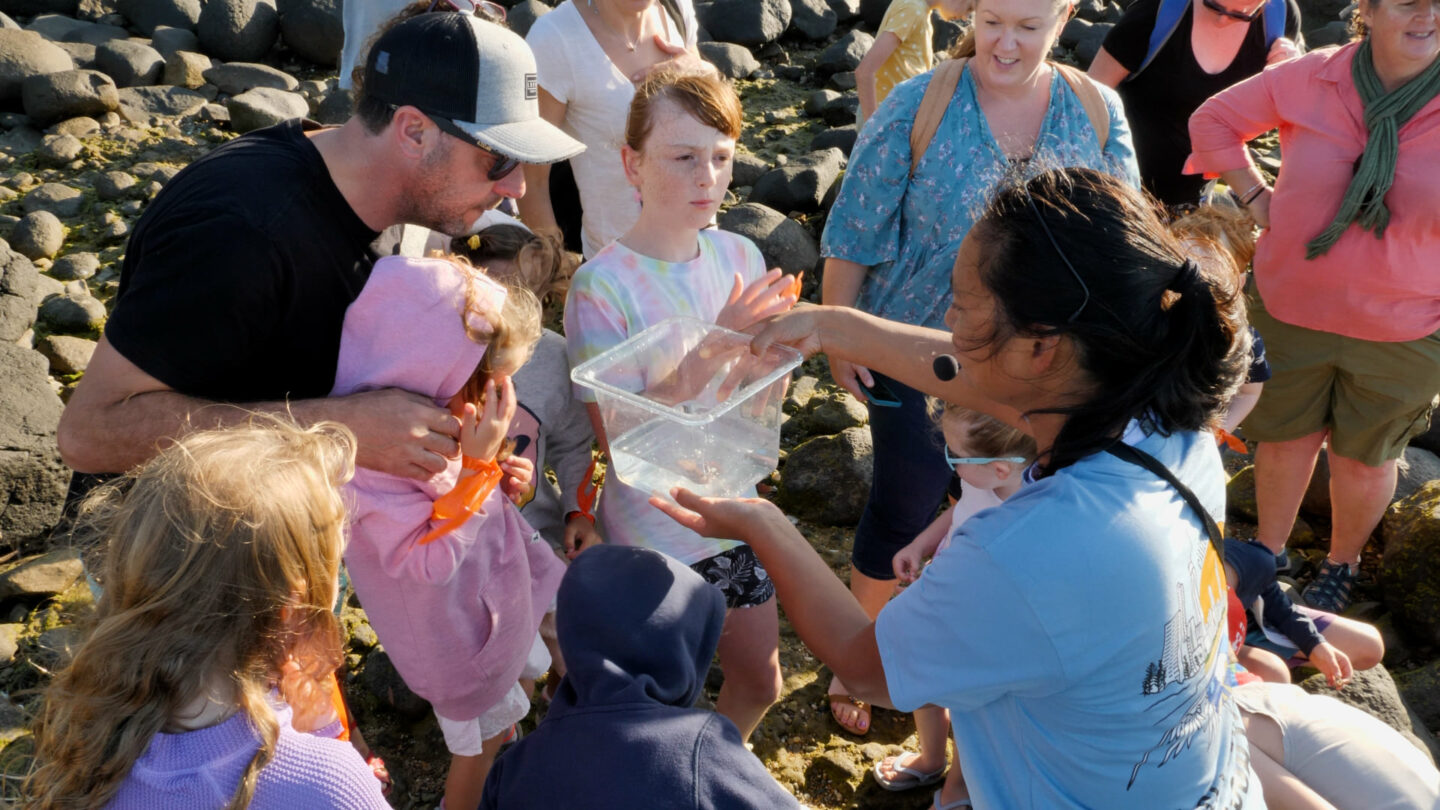
Last month Maggie Muurmans (winner 2009) and her colleagues at Ocean Connect were successful in applying for a $22,000 (over €14,000) grant from the Catchment and Citizen Science Grants program of the City of Gold Coast in Australia. This is a great achievement and remarkable to see a local council committed to supporting citizen science, moreover a project on sea slugs.
Citizen science involves the inclusion of members of the public in the observation, analysis and even the design of scientific research. In the field of nature conservation this often means local people participate in collecting important information on (endangered) species. Especially when it comes to marine conservation, citizen science has the potential to make significant contributions, as there is so much ocean and ocean life, and never enough researchers to study it.
Citizen science projects show that it doesn’t have to come down to solely professionally trained researchers or conservationists to make an impact. Benefits go beyond research, as citizen science can enhance monitoring capability and empower citizens. Additionally, including the public more directly in environmental research creates awareness of the challenges facing the world’s ocean as well as people’s knowledge about the oceans. [Update continues below photo]
“Citizen science is a great way to engage communities and create curiosity about their local environment.” – Maggie Muurmans
Ocean Connect Inc., which Maggie co-founded, is an ngo that focuses on environmental education and citizen science for the Gold Coast marine environment. Their newly funded project is called the ‘Gold Coast Sea Slug Survey’ and aims to record sea slugs and nudibranchs all across the Gold Coast and determine the condition of the ecosystem, all with the help of local people.
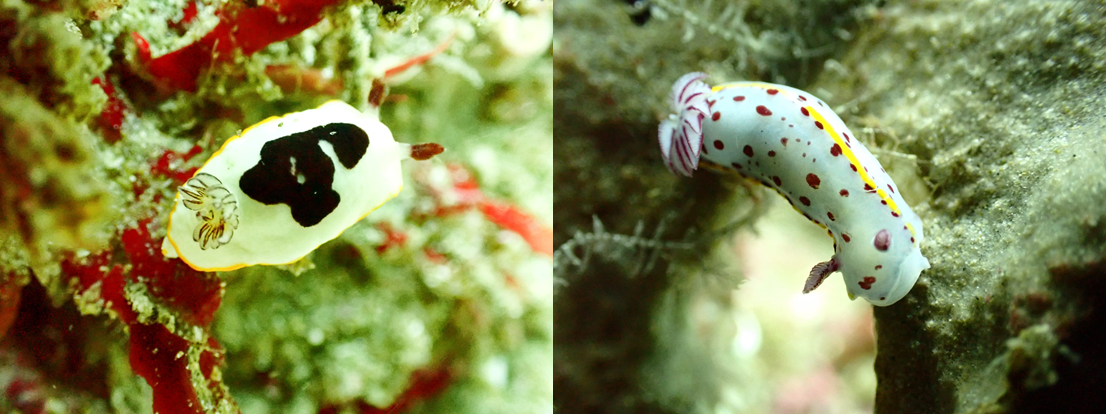
Credits: Maggie Muurmans
Sea slugs and nudibranchs are considered bio-indicators, meaning they can give us a measure about the health of the environment. Through the changes in the presence or absence of certain sea slug species, researchers can determine the water quality, effects of climate change, pollution and more. Another great characteristic about sea slugs is that they can be identified by photos. This means they do not need to be caught to be recorded, which is better for the sea slugs, their habitat and the volunteers.
The Sea Slug Survey includes citizen science data collection activities such as diving and snorkelling in near shore and offshore reefs and rocky shores. Volunteers are asked to take photos of the sea slugs they find and provide basic information on location and visibility. Ocean Connect will also be organising education events for example macro photography workshops and dive site inductions. That way people with different skill levels are able to learn and contribute.
Together these actions will not only help create knowledge about the condition of the marine environment , but it will also help participants develop news skills and become empowered for stewardship of their local marine environment. The Sea Slug Survey got started back in May this year (2021), and now already has over 500 recordings with more to come!
Maggie’s expertise
Over the years, Maggie has managed many different community engagement and conservation programs throughout the world. Besides her work at Ocean Connect, Maggie works as a lecturer and researcher at two universities in Australia and is currently conducting a PhD on community engagement for nature conservation for small communities in a developing country context. Want to keep posted about or help out with Maggie’s Sea Slug Survey? Check out Ocean Connect on Facebook!






